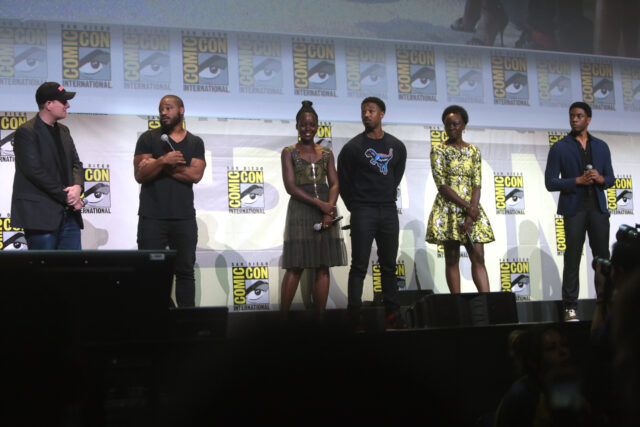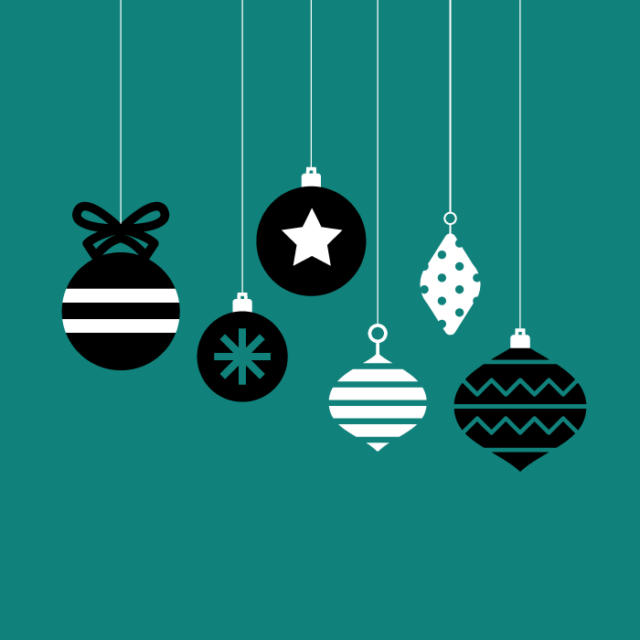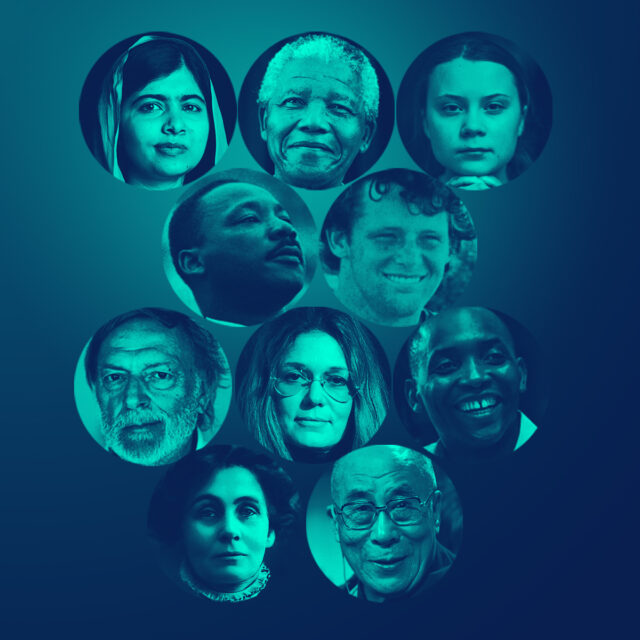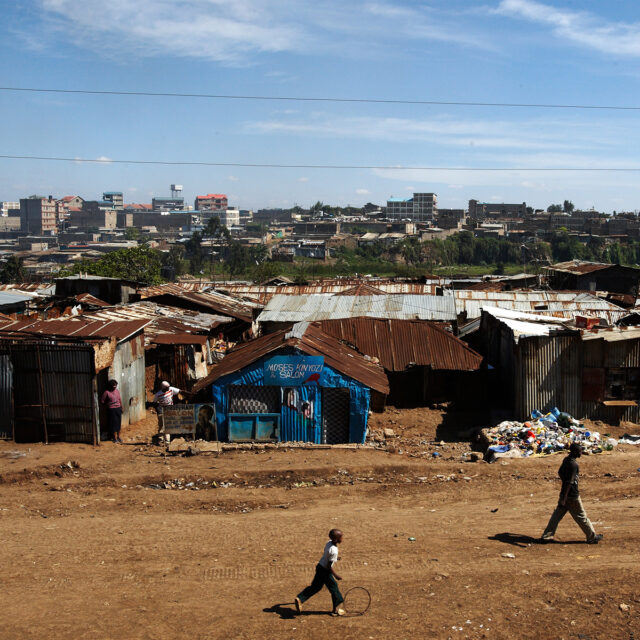Audiences around the world are getting ready to see Black Panther and dive into the film’s fictional kingdom of Wakanda. Though the film’s setting is a work of fantasy, the cultural influences behind it are entirely real.
South-African actor John Kani plays T’Chaka, the old king of Wakanda who is succeeded by the film’s protagonist, T’Challa, played by Chadwick Boseman. Kani brought the language of isiXhosa into Black Panther, and made it the official language of Wakanda in Captain America: Civil War.
When asked about the choice, Kani told Brand South Africa, “I asked the directors ‘Why am I speaking English to my son? We are supposed to be from Africa.’”
IsiXhosa is one of more than 1,500 languages spoken throughout Africa. Here are six African languages you should know about – including the one used in Black Panther and some spoken by the cast members.
1. IsiXhosa
The Xhosa people, who speak isiXhosa, make up the second largest cultural group in Africa. The language is one of eleven recognized in the South African Constitution and more than 7 million people claim it as their home language, including John Kani. Distinct clicking sounds make up the bulk of the language.
2. Swahili
The Bantu language of Swahili is spoken by more than 80 million people worldwide. Tanzania, Kenya, Uganda, and the Democratic Republic of Congo all recognize Swahili as their official language, and the African Union uses it as one of their working languages. Swahili is one of four languages spoken by Kenyan actress Lupita Nyong’o, who plays Nakia in Black Panther.
3. Oromo
Oromo, spoken mostly in Ethiopia and Kenya, has seen significant changes in the past forty-five years. Before the 1970s, Oromo was written in Ge’ez script, as well as the Latin alphabet. Writing in the language was forbidden in 1974 during military rule, but was again allowed in 1991 and was soon incorporated into schools. Today, close to 40 million people speak Oromo, making it the language with the fourth most speakers in Africa.
4. Shona
Native to the Shona people, the language of Shona is the official language of Zimbabwe. The language has a unique structure, utilizing consonants rarely used in other languages and ending each syllable in a vowel sound. More than 13 million people speak a dialect of Shona. Among its speakers are the parents of Black Panther’s Danai Gurira, who — in addition to being a major supporter of ONE — plays Okoye, head of Wakanda’s all-female special forces group.
5. Igbo
18 million people speak the language of Igbo in Nigeria alone. Many of its speakers are Igbo descendants living in Nigeria, making it a common language for trade and commerce in surrounding areas. Around 30 dialects currently exist, which has posed a challenge to standardizing the language. The Igbo people broke into popular culture with Chinua Achebe’s novel Things Fall Apart, which relies on Igbo oral tradition despite being published in English.
6. Yorùbá
Yorùbá has around 28 million speakers. Most of its speakers live in Nigeria or Benin, but communities across the world speak Yorùbá. There are three major geographical dialect families for the language and more than 20 different dialects altogether. Isaach de Bankolé, an Ivorian actor born to parents from Benin, is fluent in five languages, including Yorùbá. He will play the River Tribe Elder in Black Panther.
When Black Panther makes its debut, keep your ears open for isiXhosa — just one of the more than 1,500 diverse and beautiful languages spoken on the continent of Africa. Want to tell us about an African language that’s not on this list? Leave a comment!



